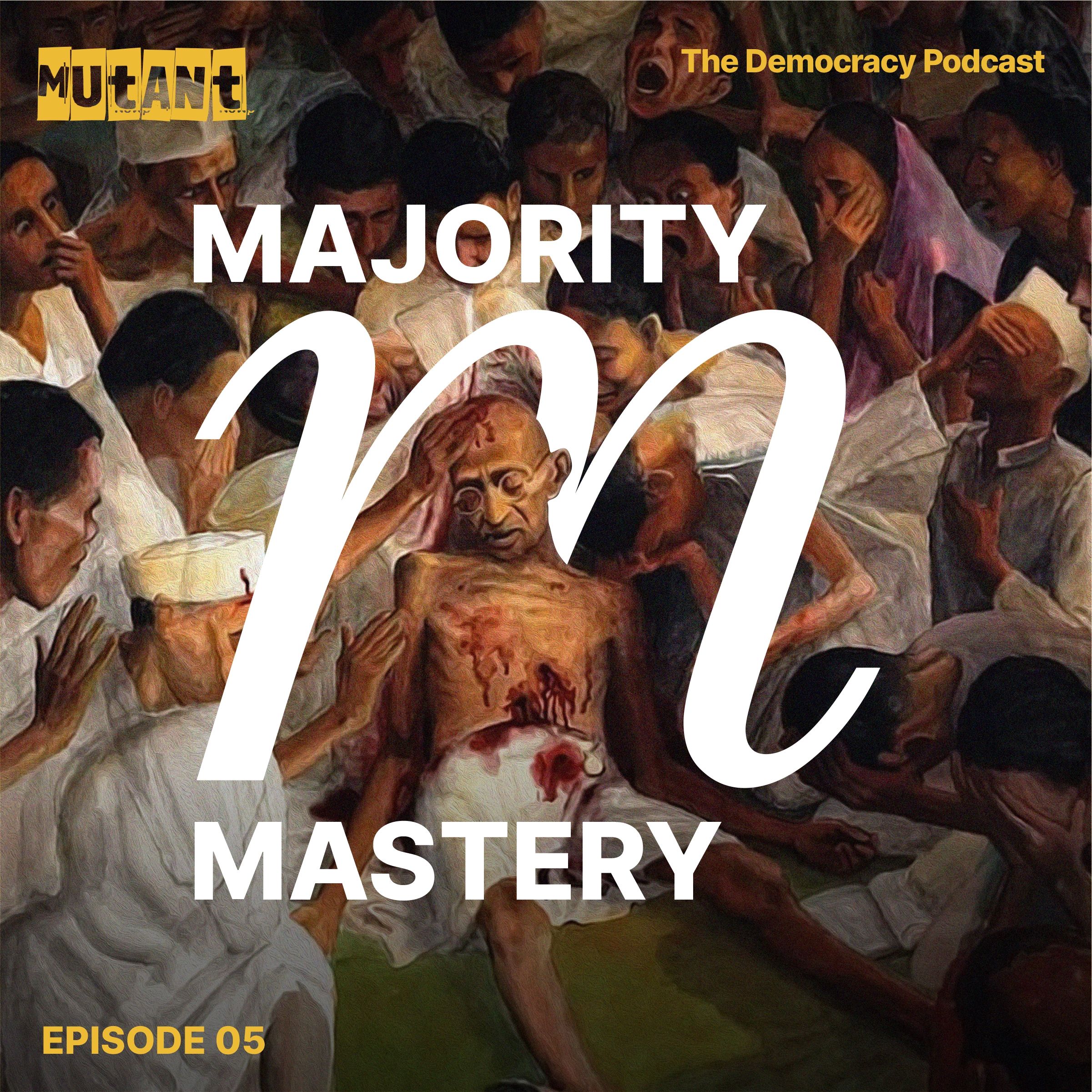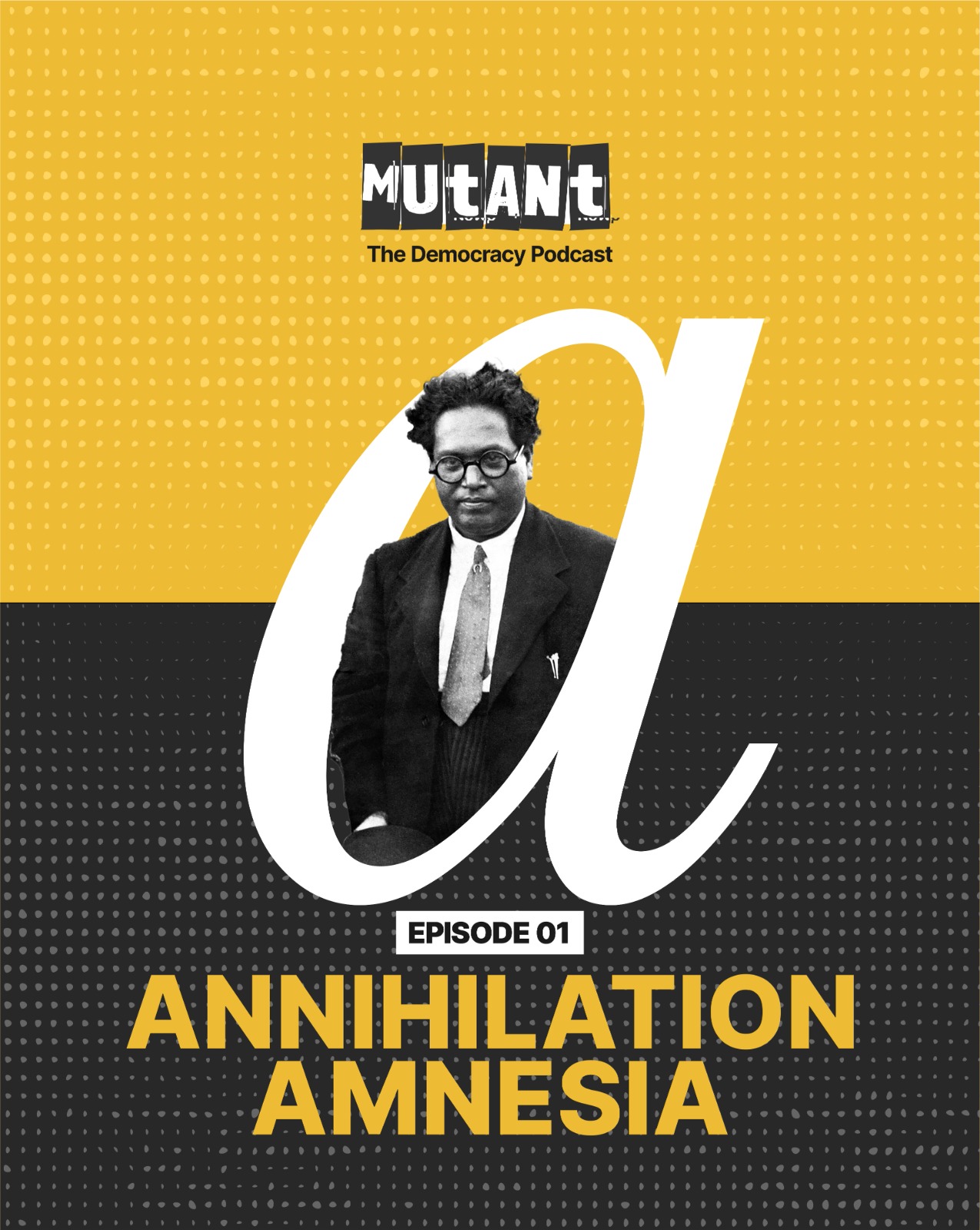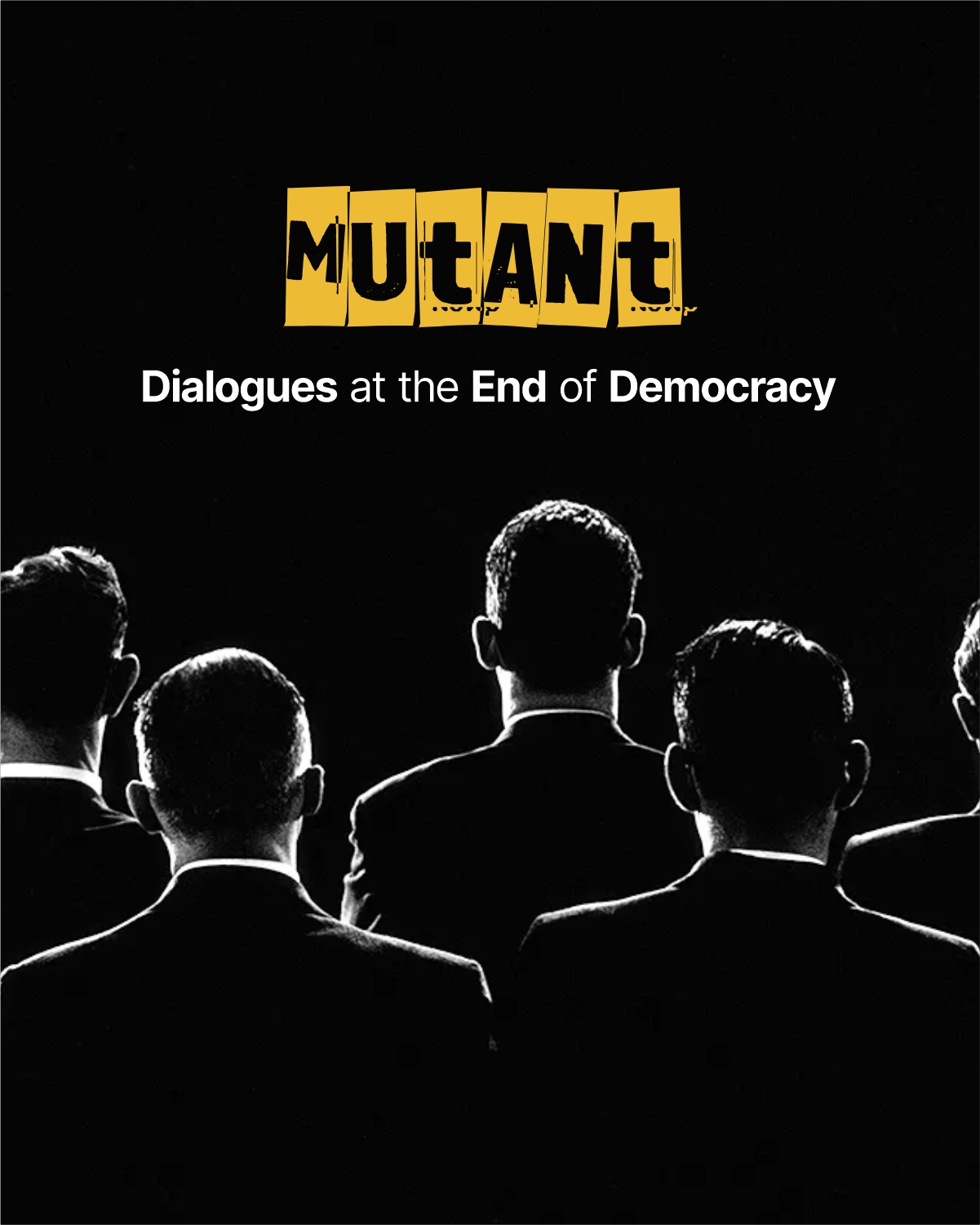It is undeniable that technology has disrupted democracy, that algorithms have begun to threaten human agency and deform identity, and that artificial intelligence, deeply enmeshed in politics, harbors a brazen potential to blur the very line between the human and non-human, between truth and fabrication.
But what might shift in our perspective if we made room for the possibility that the greatest threat to democracy ensues not from the fact that technology has become too powerful but instead from the fact that we have simply forgotten what technology is, and in that forgetting, surrendered the very force—the bond between life and technique—that makes democratic politics possible?
“The question we must ask about technology cannot be confined to the realm of the technological. We must turn away from the maze of contemporary confusions and anxieties about algorithms, surveillance, media, and digital platforms,” says Aishwary. “Because in relying on them, we are simply asking the neo-technocrats to justify themselves and prove the usefulness of their shiny objects.”
Technocrats are mutants. They today combine in themselves, in creative and destructive ways, the classical figures of engineer, oligarch, monarchist, and clown. Whatever else might drive their nihilism or theology, they genuinely believe that technology is a life-giving thing, an alluring product, an object of lore.
“But technology is not a thing,” Aishwary argues. “It is a limit. It is the extremity at which the human encounters its wholly other. Only now it does so inside of itself. Technology is the extremity at which our humanity becomes a technique of living and dying at one and the same time. Technology is to life what violence is to humanity, more an organ now than an instrument. It is an apparatus of grafting and transplanting, of amputating and prostheticizing, of surviving and killing.”
This proximity with practices of life-death gives the neo-technocrats not only their delusions of omnipotence—and impunity—but a desire to conquer time and thus their mortality itself. “The techniques of domination and cruelty that the tech oligarchs today deploy are as old as the first human technique, the hand that rose to cover its own nakedness; as enduring as the many ways of executing the death penalty; as archaic as the human will to punish others,” Aishwary points out.
In thinking of our technocratic age as unprecedented, therefore, we mistake its mutation for newness. The oligarchs who traffic in promises of intergalactic travel—or escape from the “hell” that the earth is—have not invented new forms of power; they have simply sharpened the art of convincing willful democratic majorities to surrender their agency in exchange for the promise of technological salvation. "We have today come to trust a group of men—products of neocolonial segregation and racial apartheid, all of them—who have delusions of conquering space and who have come to believe they bear in themselves the metaphysical secrets of transcendence.”
The monarchist desires of these technocrats represents something far more fundamental than the capture of political influence. It marks the ruinous decline of democratic capacity for making collective, just choices; the public’s concerted ability to give time to the pursuit of truth and examination of facts; the will to resist the theft of a people’s time by the neo-technocracy.
“Hannah Arendt long ago recognized technology's capacity to render a vast swathe of humanity superfluous through a simple “majority decision.” Today, this capacity operates through systematic destruction of the time necessary for deliberation, judgment, and beginning of something new together.” Luring us by sheer repetition, technocracy has turned the human into a mutant with infinite variations, whom we now encounter with stale wonder.
Perhaps here also lies the opening for radical democratic recovery. "Technology is nothing more than a framework to understand our relationship to force," Aishwary argues. “The key word there is kraft, or force. Democracy has always involved a technique of rule, a technique of self-rule even. The use and abuse of force is internal, even endemic to democracy.”
The urgent question of our time, of our lifetimes, then is: self-rule to what end? In whose hands? For what vision of human flourishing? These questions cannot be answered by vast legal regulation or more ethical algorithms. They require the fundamental recovery of democratic time, democratic judgment, and democratic kraft—the moral courage and imagination through which human beings have always tried to bend the long arc of their moral universe towards justice, however imperfectly, however slowly, however dangerously close to their own extinction.

At the heart of the modern democratic contract is the principle — and the faith — that the majority will decide for everyone. But...

"Annihilation is refusal of the world as it is. Annihilation is destruction of the world as it is. Annihilation is an act of faith....

It is today impossible to understand the fragility and violence of democracy’s global life without grappling with the appearance of an unprecedented political form...